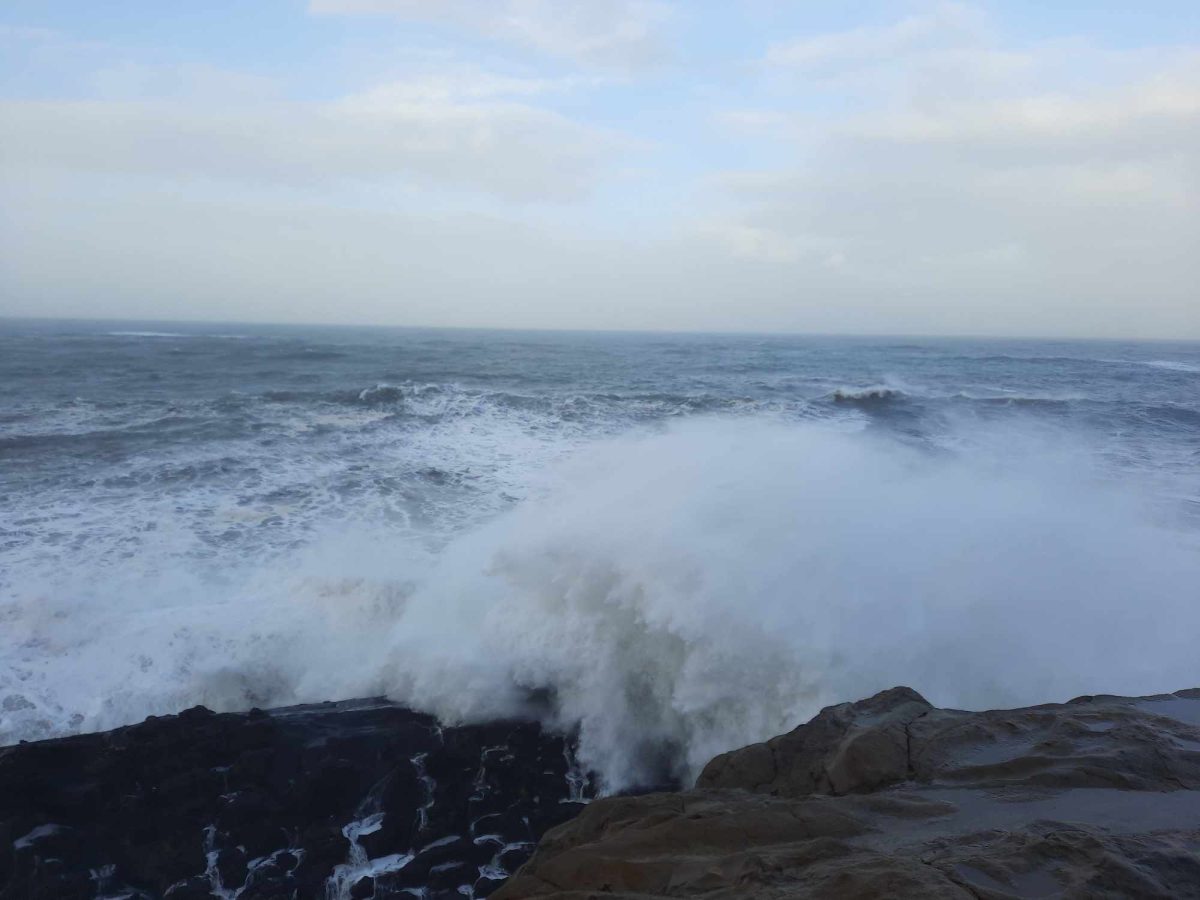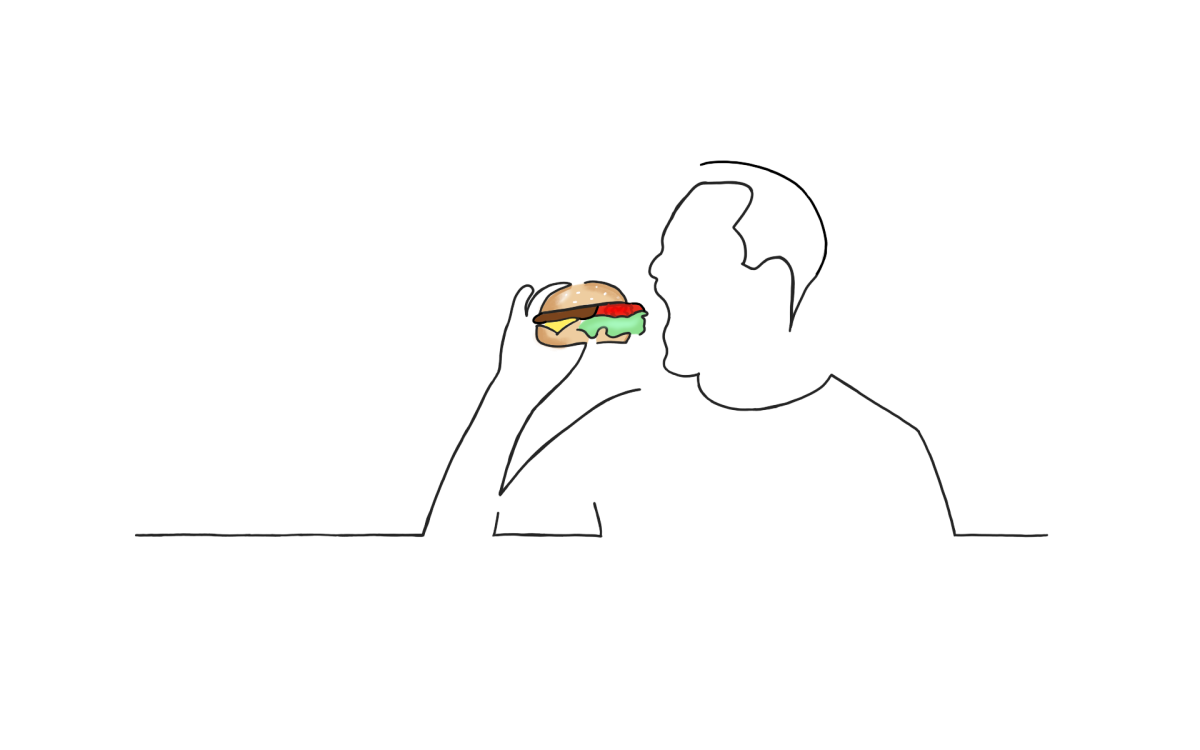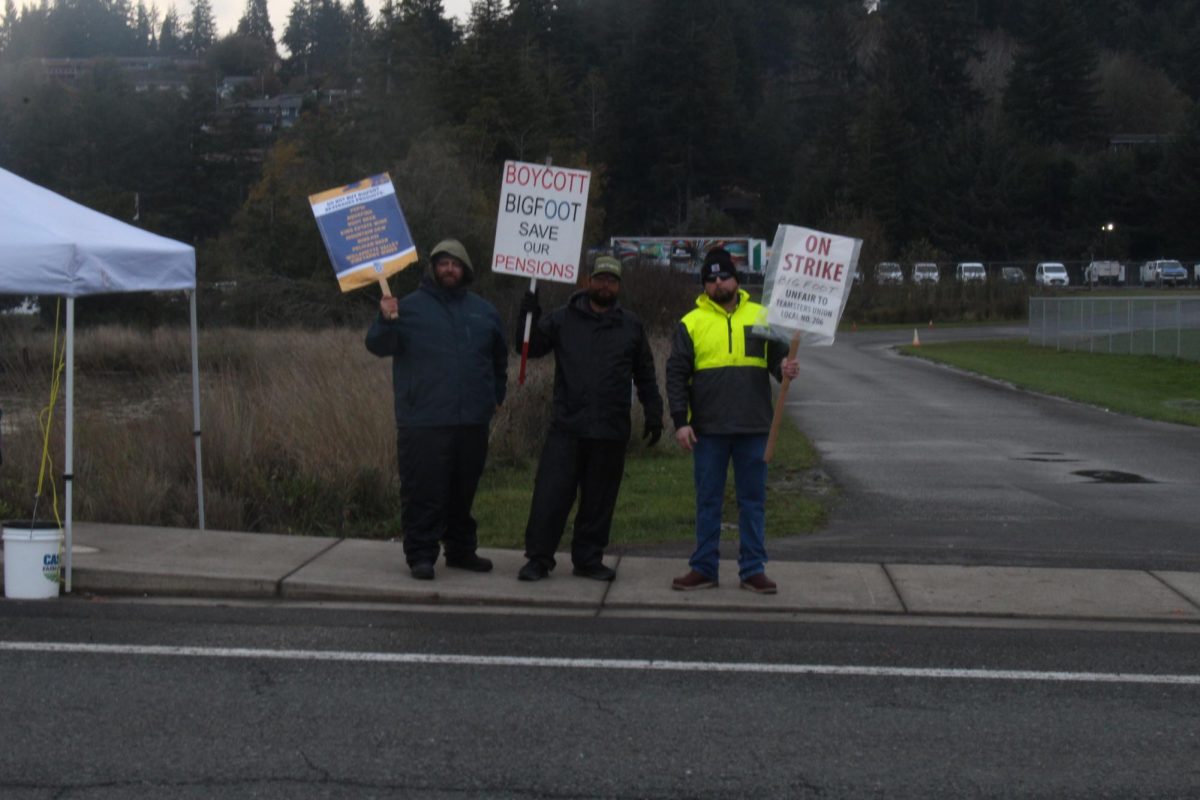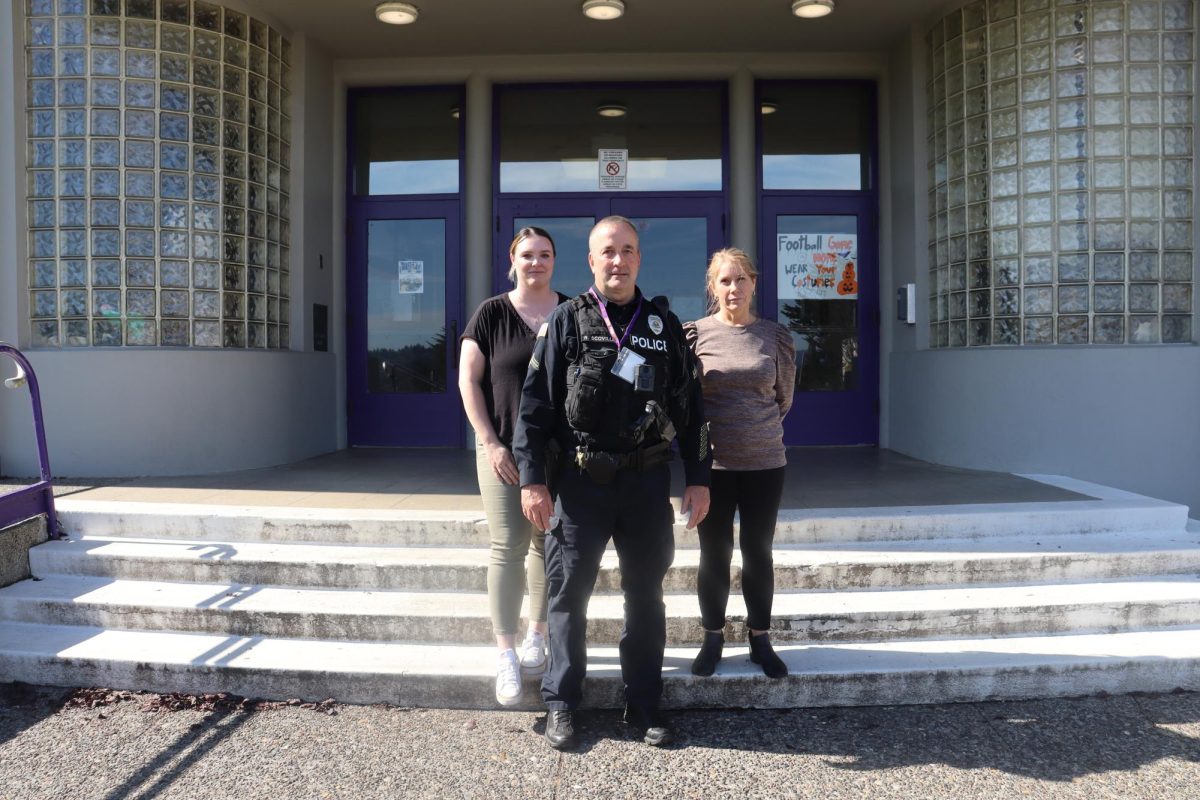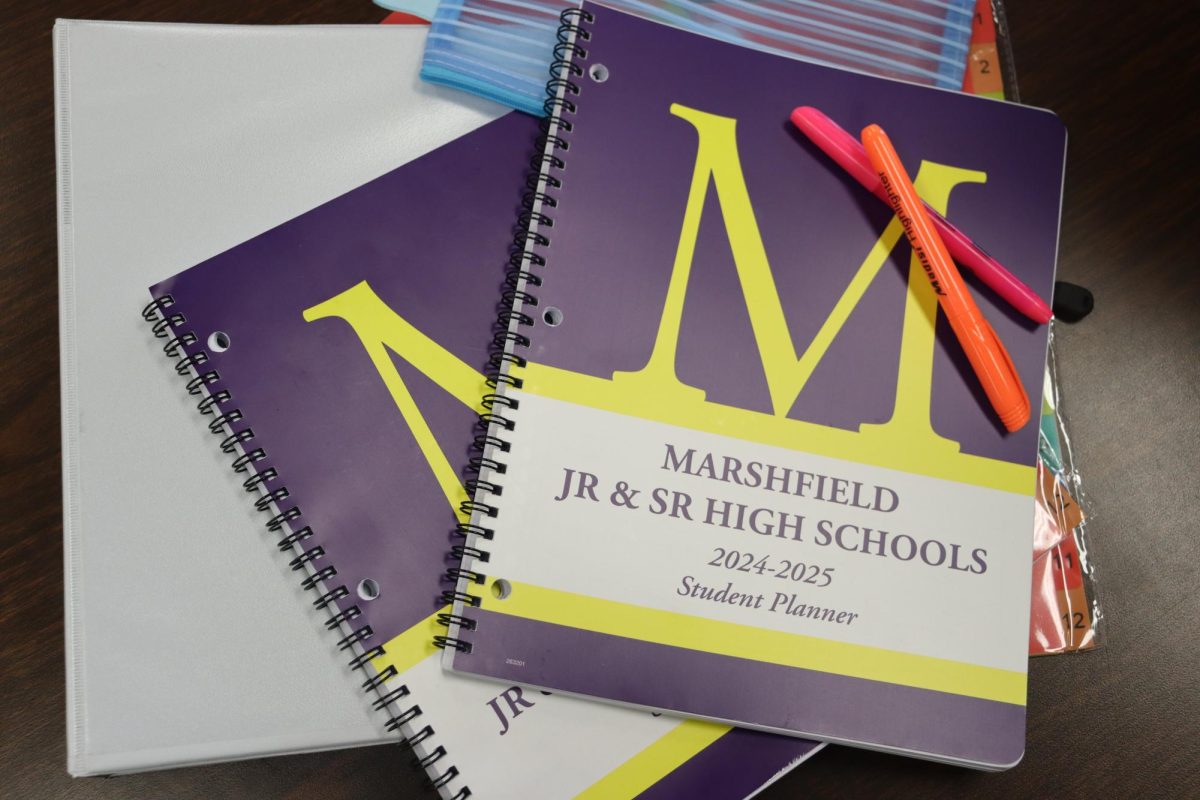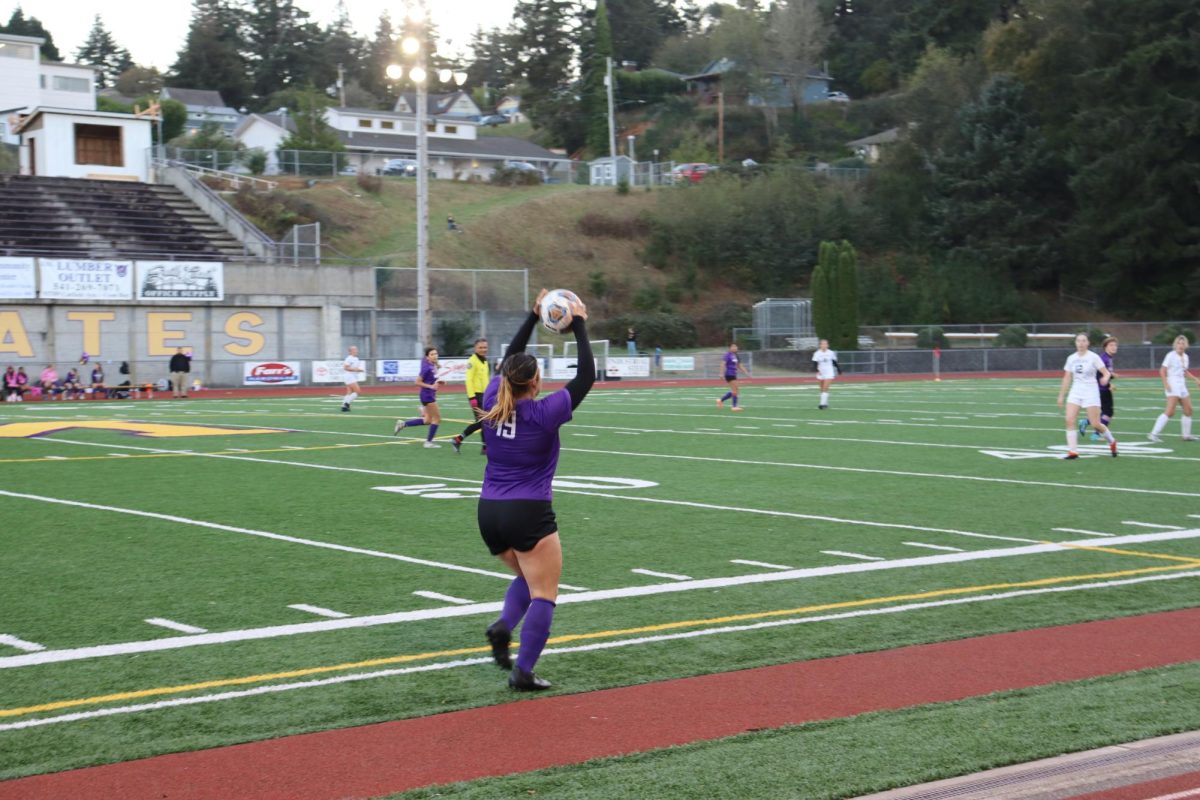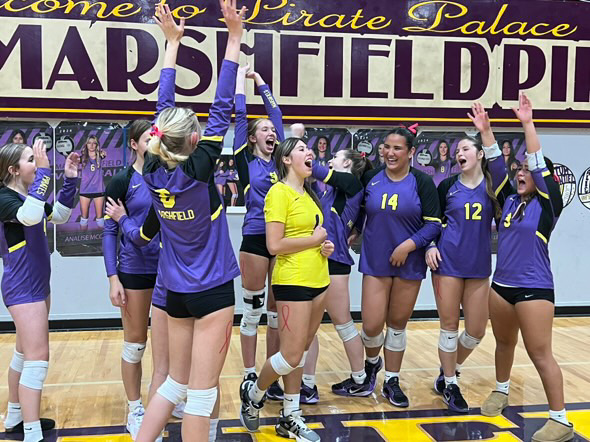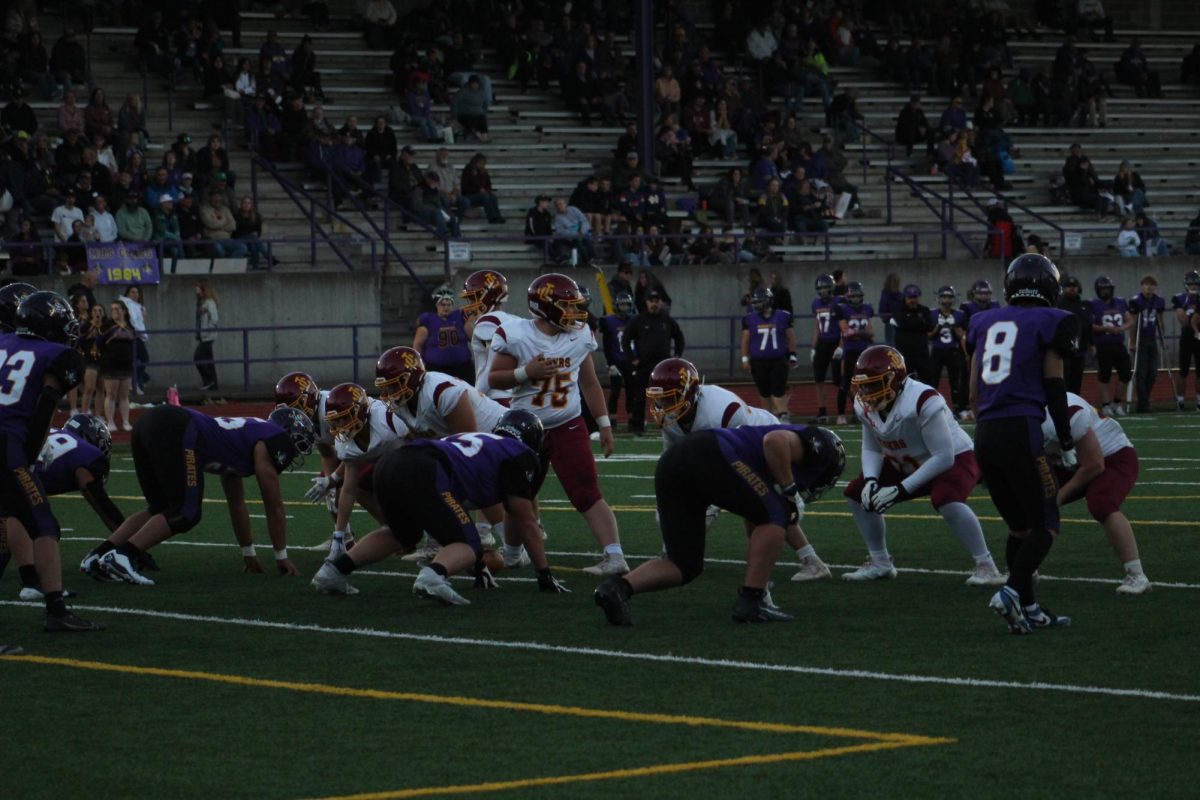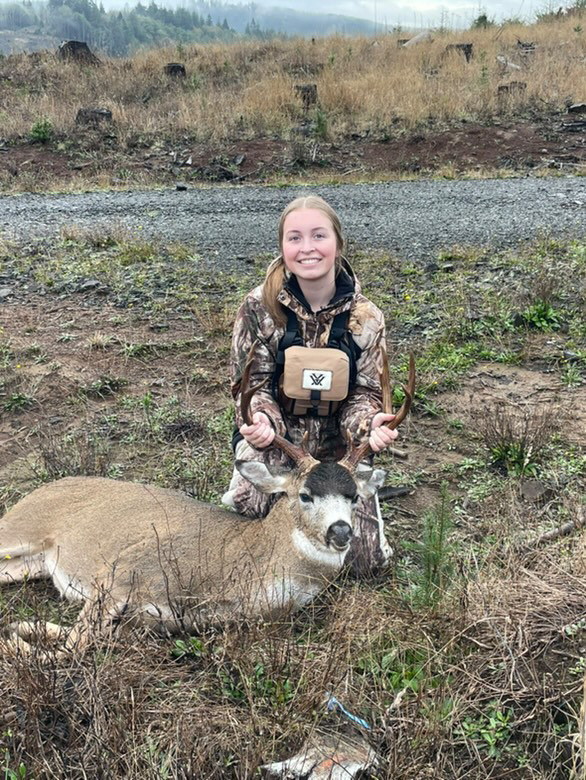The legal drinking age for alcohol varies worldwide, but in the United States the drinking age has been 21 for at least two decades. However, legal drinking age does not always mean that something is not done. Many teens still find ways to drink, but should they?
Drinking underage has a lot of potential risks for teenagers’ health–risks such as delayed puberty, as well as liver and heart problems. The risks outweigh the benefits; it’s not the best idea to drink as a teenager. However, teens will continue to drink despite this. Some believe that nothing is wrong with drinking, as long as it’s in a safe and controlled environment; learning your limits in a safe environment can help with other facets of life like being in an uncontrolled environment, it is not safe and can lead to many risks. Though, there is a difference between having a glass of wine over a family dinner and going to a keg party.
Here in the United States, by 18, you are legally allowed to own guns, join the military and vote, but you can’t drink alcohol until you’re 21? If you are legally allowed to do those things at 18, some question if you should be able to drink, as well. If you’re considered an adult, and able to put your life on the line for your country, shouldn’t you be able to make your own decisions? Many students are around alcohol constantly at home, how is drinking themselves any different? The real reasons behind the higher drinking age are much more complicated than this line of thinking.
While many students are around alcohol, not all understand the risks involved. More conversations should be held about drinking, and the toll alcohol can take on one’s health. They also need to learn how to drink responsibly. And this is not something that can necessarily be taught at school–families should have open and honest conversations about drinking and the serious impact it has on an individual’s health, life, and well-being.
Teens should be given resources, because not everyone knows why teen drinking should be discouraged. This knowledge will help students make informed decisions and understand the potential risks involved in drinking. Teaching about the consequences of drinking can also help them understand how it could impact their health, relationships and overall happiness. This can help people make responsible choices. People can make their own choices, but everyone should know about what they potentially are putting themselves through.
Risks of teen drinking can impact others, not just themselves. Drunk driving is very common and most teen drunk driving accidents occur in 20% of teen drivers involved in fatal crashes. Alcohol impairs your judgment, coordination, and reaction time; this leads to a huge risk while driving. Impaired driving can kill many people involved–including innocent people and children. It’s important to teach students about these dangers and also when to recognize a drunk driver on the road for their own safety and others. Driving under any substance is selfish, there are always alternatives if you find yourself in a situation that you feel you have to drive in; calling a cab, a trusted adult, or having a designated driver. Over 10,000 people die every year from drunk driving, and some of those are blameless individuals who weren’t driving under the influence. They simply appeared in the wrong place at the wrong time.
Most teens who drink will binge drink. Binge drinking, while bad for the liver, can also result in alcoholism, impact academic performance, as well as negatively impact relationships. It’s important that we protect teens from falling into that trap. This is why spreading knowledge is the best way to prevent teen drinking.
Peer pressure is also a huge part of teen drinking that needs to be talked about more. As a teen, you’re more impressionable. We need to focus on building student confidence and voice so they are able to stand up for themselves in uncomfortable situations. Many teens see alcohol as a way to have fun for a night and get wild and crazy, but there are other ways to have fun that don’t involve risks. Instead of drinking, try having a dance party, going to a movie, or having fun with friends by playing cards, video games, or board games. In an area such as the Oregon Coast, the outdoor opportunities are never ending.
As the holidays approach, try to find something unique to do that does not involve future health risks. Your body will thank you for it, in the long run.

